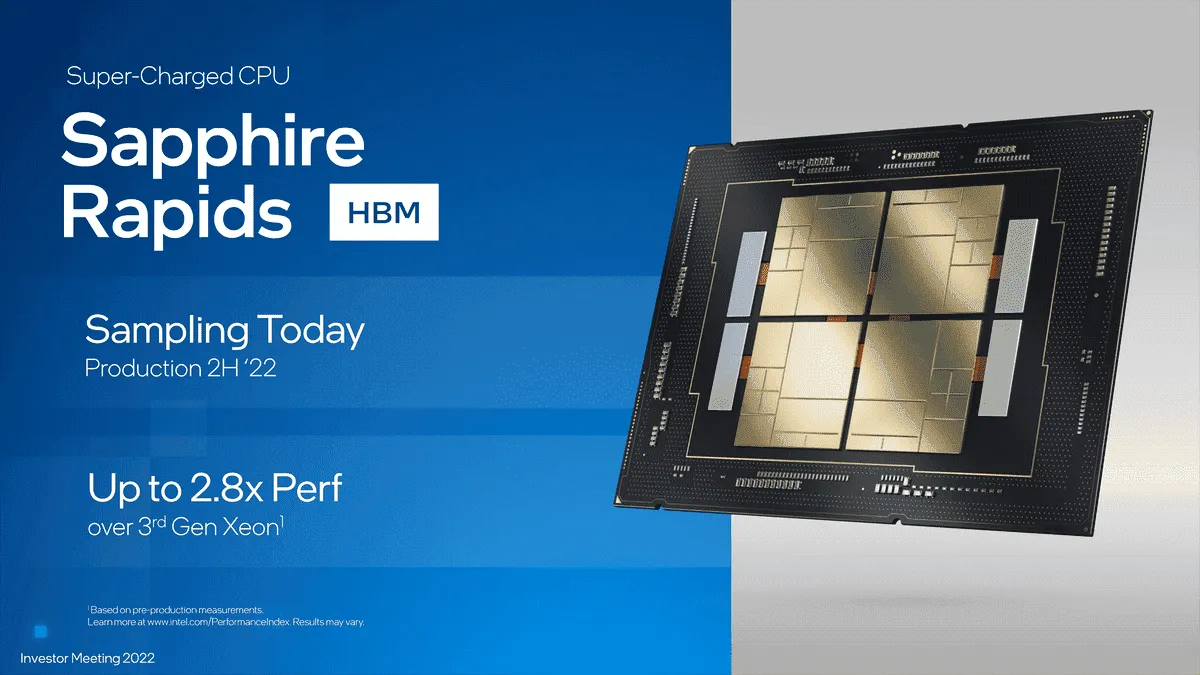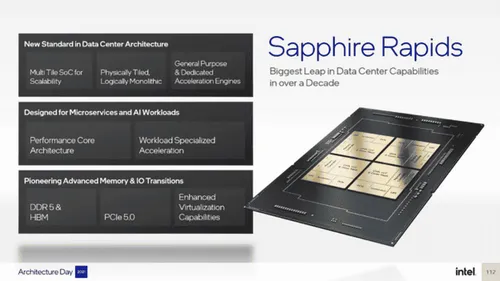Intel's next-gen Xeon chip, Sapphire Rapids, is delayed until Q2 2023
intelMonday, 20 June 2022 at 16:35

Ming-Chi Kuo is well-known for its Apple insights, but the analyst is way more than just an "Apple analyst". He usually has a lot of forecasts and reports on other products in the electronics segment. Today, the reputed analyst shares some tidbits about Intel's next-generation Xeon server chip. The new generation "Sapphire Rapids" will be postponed to the second quarter of 2023 which is beyond what the industry has been expecting.
Ming-Chi Kuo stated that his latest supply chain survey shows that the shipment of Intel's server processor Sapphire Rapids will be delayed to Q2 2023. It's significant later to the market consensus that was H2 2022. This isn't good news for Intel and its server supply chain.
Sapphire Rapids, Xeon's replacement, will not come before 2023
Kuo says that Sapphire Rapids can significantly increase the unit price of related components, which is beneficial to suppliers' revenue and EPS. Therefore, the shipment delay will be detrimental to the operational performance of Intel and its server supply chain. It main includes ABF, server manufacturers, cooling related, memory and power management ICs, etc. Therefore, there is no guarantee that demand will still be there when Sapphire Rapids begin mass shipments, especially during the ongoing recession.

Interestingly, this won't the first delay of Sapphire Rapids. Given to the current situation of the world and the industry, there is no guarantee that there won't be more delays. To recall, the initial shipment plan was Q4 2021. We're about to pass through six full months in 2022, and Intel is still not ready to deploy the product. Therefore, Kuo has a conservative view of Intel's future based on more advanced manufacturing processes.
The Sapphire Rapids uses a process called "Intel 7". It uses EMIB tech with substrate and interposer. The output and delay are better than outsourced packaging and testing. The disadvantage, however, is the higher costs. Intel handles most of the packaging work itself, but the shortages of key raw materials are affecting production. The Sapphire Rapids is Intel's first Xeon chip with full EMIB technology.
Despite the constraints in the supply chain and some disappointment in its Core CPUs, Intel has been stealing the headlines recently. The company is the first to adopt a hybrid system of working.
Loading






